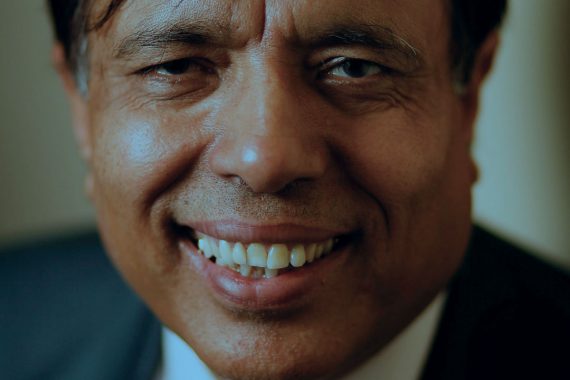No wonder only 10% of GPs feel able to deliver a safe service

A survey of more than 5,000 GPs published by the BMA this morning found that just 10% felt able to deliver a good quality and safe service.
GPs are at the end of their tether
Demand for primary care is spiralling out of control with more than 370 million consultations annually – a 60 million increase in five years. In real terms, this means GPs are struggling to see all the patients that are coming through their doors and don’t have enough staff to provide the services the public needs. There is a limit to what GPs can do when patient demand is going up and resources are going down. With an unhealthy ageing population that needs more complicated care and longer appointments this is only going to get worse.
GPs are at the end of their tether – having to manage the multiple complex physical and mental health needs of patients in a totally unrealistic ten-minute consultation is an insensitive insult to so many of our most ill patients.
We’re forced into providing conveyor belt care, up to 40 to 60 times a day, and on top of that dealing with phone calls, home visits, repeat prescriptions, results, reports and hospital correspondence. This is beyond human capacity, exhausting and unworkable and puts safety and quality at risk.
At one end we see ever increasing escalating workload, on the other we see that general practice’s share of the NHS budget has been dwindling since 2010 to under 8%, with a real terms reduction of £500m in three years, and now MPIG and PMS funding cuts threaten the viability of many GP surgeries nationally. Practices are being brought to their knees by this unprecedented fall in money for primary care and rising demand for GP services.
Does NHS England not realise that GPs are a bargain? Just over £76 per patient per year pays for unlimited appointments, home visits, telephone advice, and so forth – a fraction of the tariff cost of a single outpatient appointment of approximately £200.
A demoralised and squeezed workforce is struggling to meet the needs of increasing numbers of patients demanding immediate appointments. I urge the media and the Government to stop denigrating GPs as the problem, and start to see us as the solution. Our growing patient population needs general practice. Our overstretched secondary care sector needs general practice. To sustain the NHS we need GPs. If general practice fails, the whole NHS fails.
Dr Kailash Chand OBE is a retired GP and former deputy chair of BMA council. You can follow him on Twitter @kailashchandobe
Pulse October survey
Take our July 2025 survey to potentially win £1.000 worth of tokens











